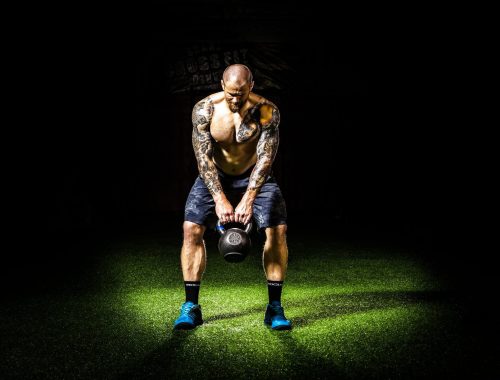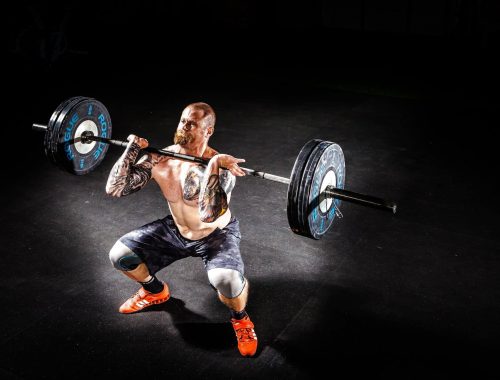Importance of Proper Nutrition for Muscle Gain
Building muscle requires not just an intense workout routine but also a balanced diet that provides the right nutrients for muscle growth and recovery. Nutrition plays a crucial role in determining how effectively your muscles will grow and how quickly they will recover from a workout. In this post, we’ll explore the importance of proper nutrition for muscle gain and some of the key nutrients to include in your diet to support your muscle-building goals.

Why Proper Nutrition is Essential for Muscle Gain
- Provides the Building Blocks for Muscle Growth: Muscles are made up of protein, and consuming enough protein in your diet is essential for building and repairing muscle tissue. Proper nutrition ensures that you have the necessary building blocks for muscle growth.
- Supports Muscle Recovery: Intense workouts can cause muscle damage and inflammation. Proper nutrition provides the right nutrients to help reduce inflammation, speed up recovery, and reduce the risk of injury.
- Enhances Performance: A balanced diet provides the energy and nutrients necessary for an intense workout, allowing you to perform at your best. It also helps reduce fatigue and allows you to train longer and harder, leading to better results.
- Increases Muscle Definition: Proper nutrition helps support the loss of body fat, which can increase muscle definition and make your gains more visible.
Nutrients for Muscle Gain
- Protein: As mentioned earlier, protein is the building block of muscle tissue. Consuming enough protein is essential for muscle growth and repair. Aim to consume 1.6-2.2 grams of protein per kilogram of body weight per day.
- Carbohydrates: Carbohydrates are an important source of energy for workouts and help replenish glycogen stores in the muscles. Aim for 4-5 grams of carbohydrates per kilogram of body weight per day.
- Healthy Fats: Healthy fats, such as omega-3 fatty acids, support hormone production and reduce inflammation. Aim for 0.5-1 gram of healthy fat per kilogram of body weight per day.
- Vitamins and Minerals: Vitamins and minerals, such as vitamin C, iron, and calcium, support overall health and help reduce the risk of injury. Make sure to eat a variety of fruits and vegetables to get a good mix of vitamins and minerals.
Foods to Include in Your Diet
- Protein Sources: Lean cuts of meat, poultry, fish, eggs, dairy products, and plant-based protein sources such as tofu, beans, and lentils.
- Carbohydrate Sources: Whole grain bread, pasta, rice, potatoes, and fruits and vegetables.
- Healthy Fat Sources: Nuts, seeds, avocado, olive oil, and fatty fish such as salmon.
- Vitamin and Mineral-Rich Foods: Leafy greens, citrus fruits, bell peppers, broccoli, and fortified cereals.
Timing of Meals for Muscle Gain
- Pre-Workout Meal: Consuming a meal high in carbohydrates and protein before a workout provides the energy and nutrients necessary for an intense workout.
- Post-Workout Meal: Consuming a meal high in protein and carbohydrates within 30 minutes to an hour after a workout helps replenish glycogen stores and support muscle recovery.
- Throughout the Day: Consuming small, balanced meals throughout the day helps maintain a consistent supply of energy and nutrients for muscle growth and recovery.
Proper nutrition is an essential component of building muscle and achieving your muscle-building goals. By consuming the right nutrients, you can support muscle growth, enhance performance, and increase muscle definition. Make sure to eat a balanced diet that includes lean protein, carbohydrates, and healthy fats, and a variety of vitamins and minerals, and pay attention to the timing of your meals to maximize the benefits for your muscles. Remember, building muscle is a combination of both intense workouts and a well-balanced diet, so don’t neglect either aspect if you want to see results.
You May Also Like

Science Behind Muscle Hypertrophy and Growth
February 9, 2023
Role of Sleep and Recovery in Building Muscle
February 4, 2023


